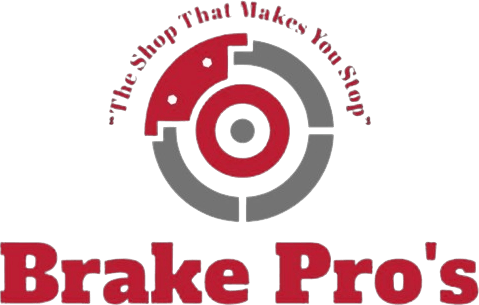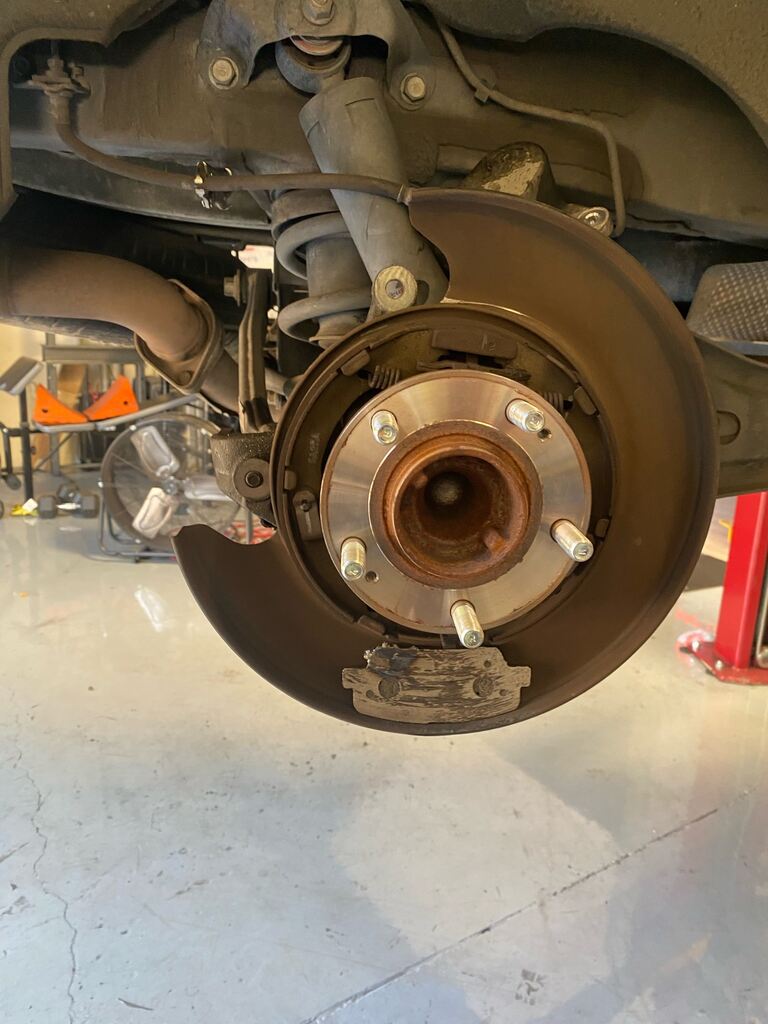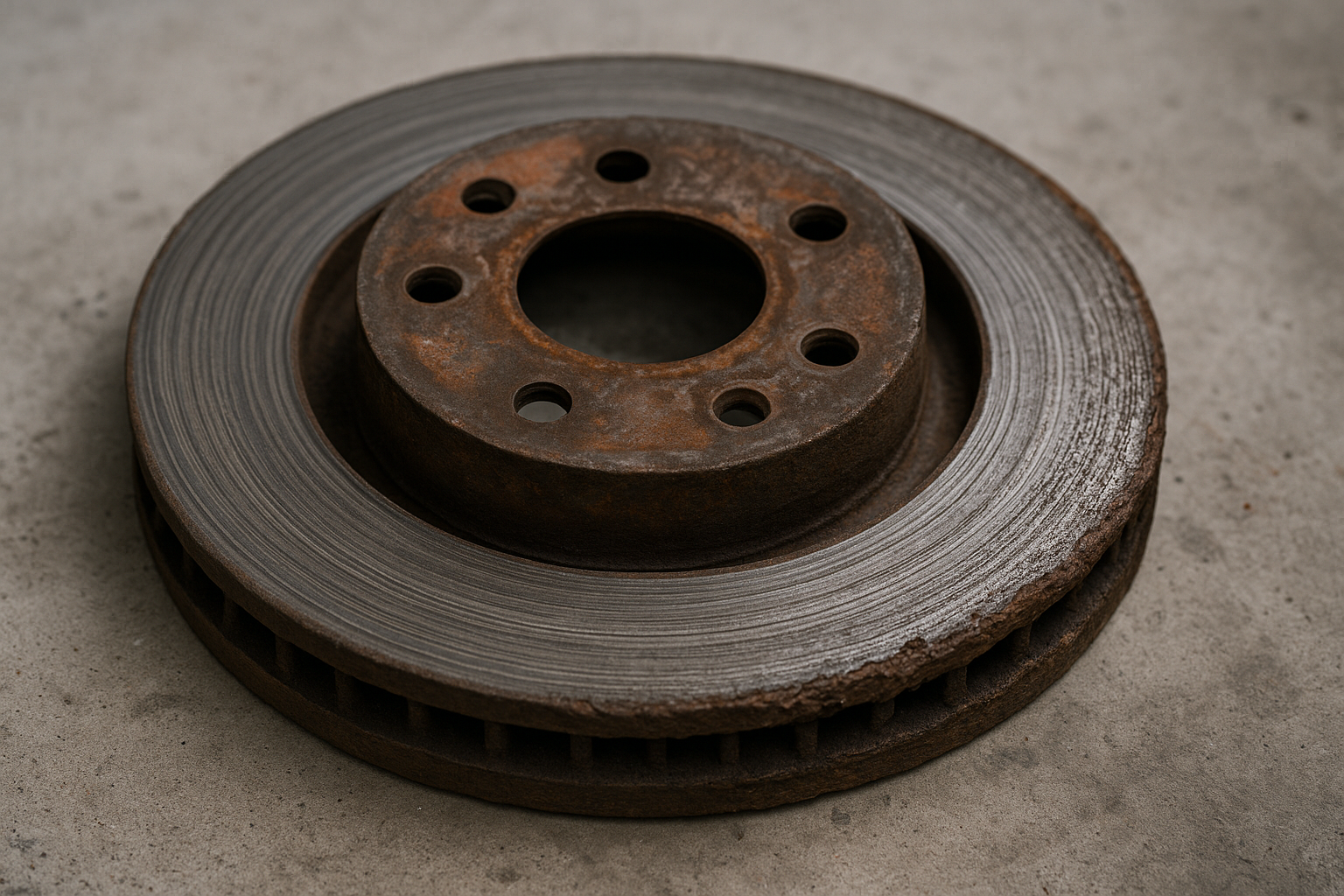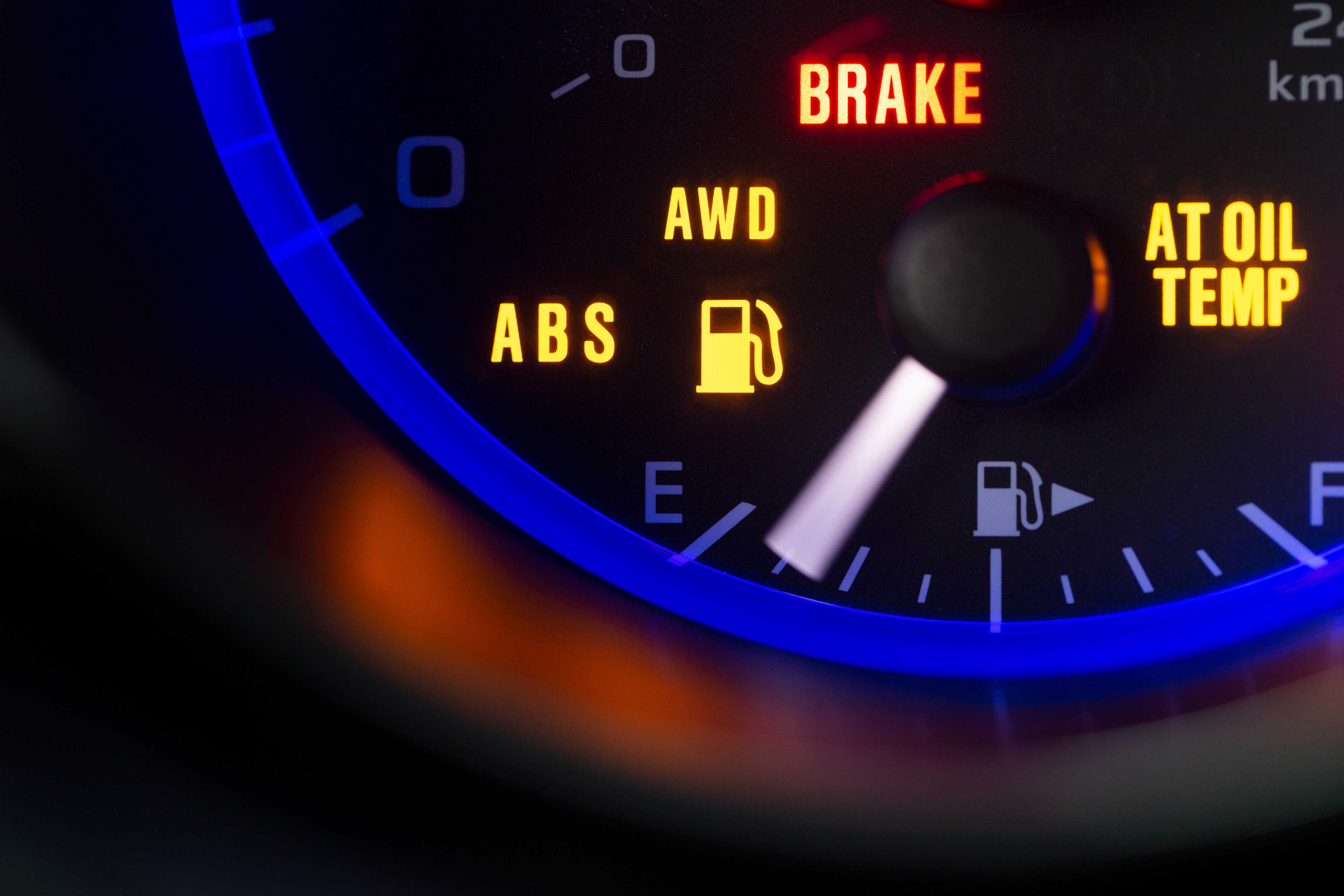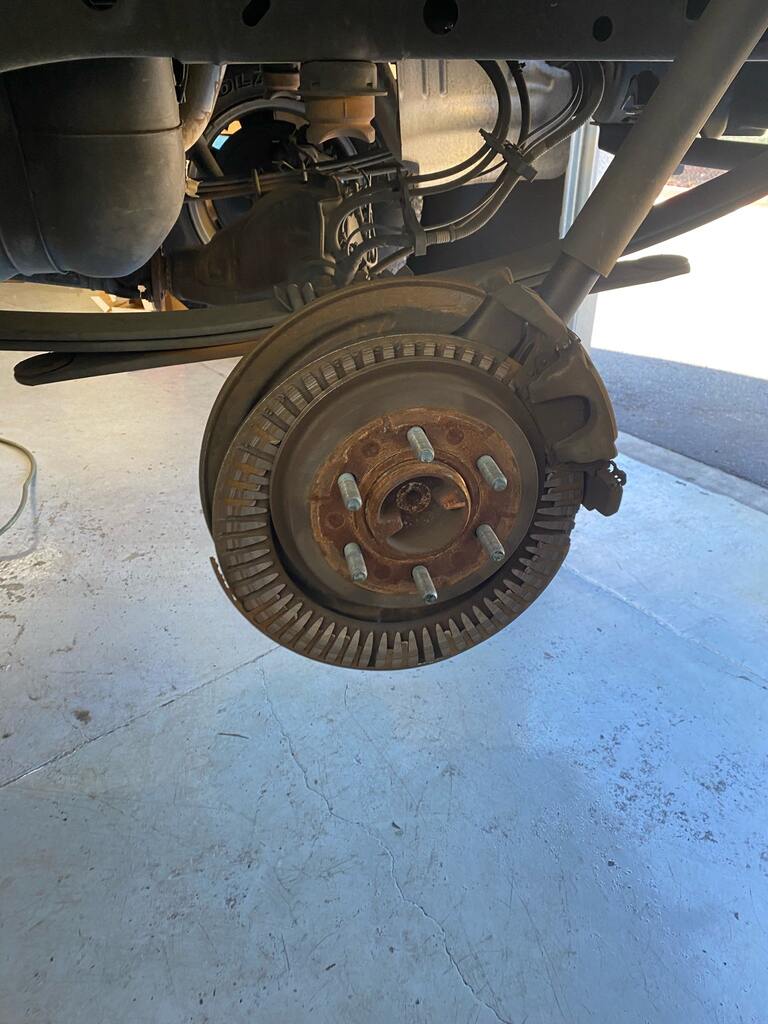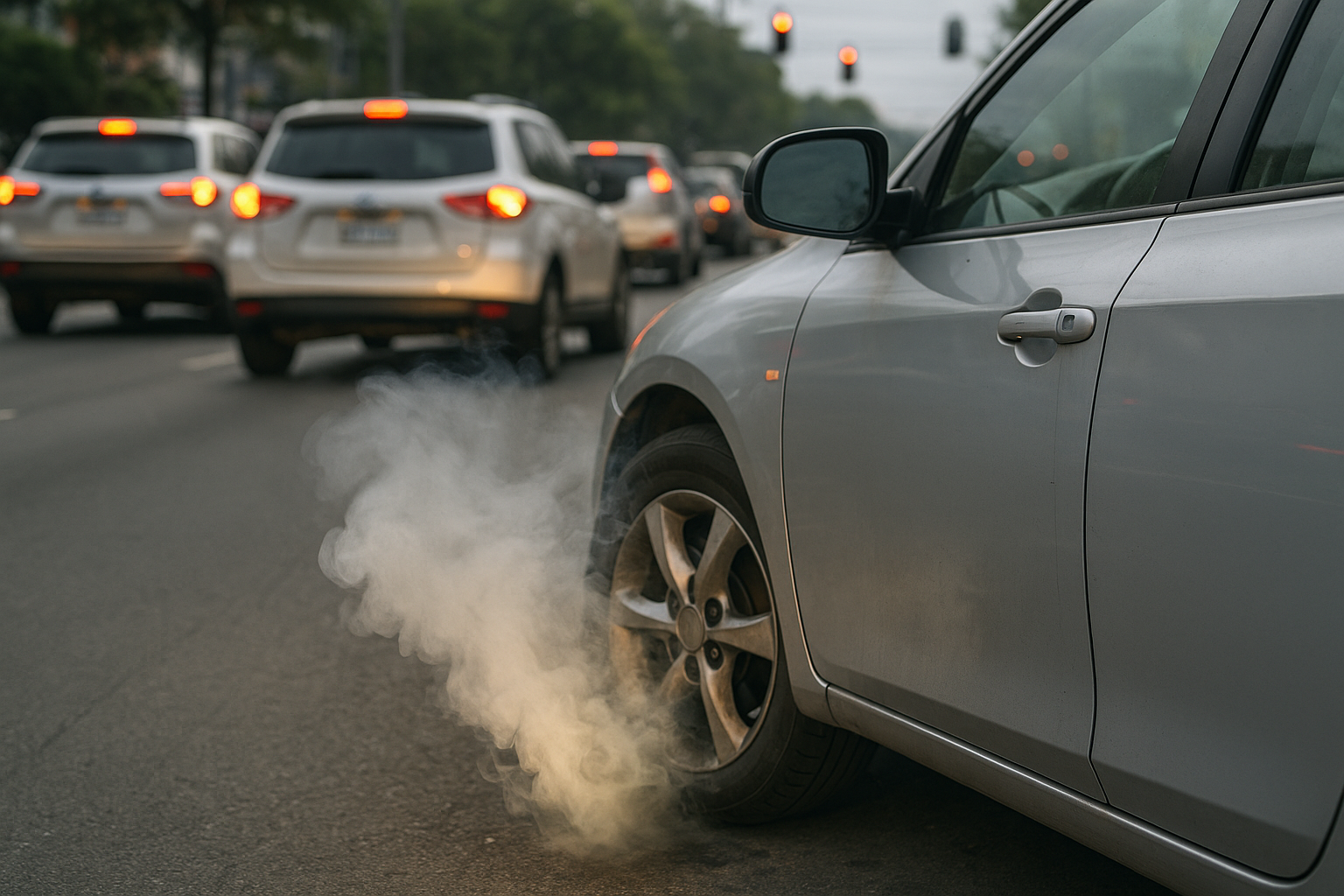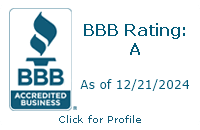Blog
Most Common Winter Brake Problems for Antioch Drivers
Winter weather in Antioch brings unique challenges for your vehicle's brake system. While we may not get heavy snow, the combination of rain, morning frost, and temperature changes can affect your brake pad and system in ways many drivers don't expect. Understanding these winter-specific issues helps you stay safe on wet roads and maintain your brake system properly through the season.
How Cold Weather Impacts Your Brakes
Morning temperatures in Antioch can drop into the 40s during winter months, affecting your brake system's performance. Cold weather can make brake fluid thicker and less effective. This thickness means it takes longer for pressure to travel through your brake lines, potentially increasing stopping distance when you first start driving.
Metal components also contract in cold weather, which can create new noises or slight changes in how your brake pedal feels. While some changes are normal, others might signal problems that need professional attention.
Warning Signs That Need Immediate Attention
- Squealing sounds that get louder in cold weather
- Brake pedal feeling unusually hard or spongy
- Longer stopping distance than usual
- Pulling to one side when braking
These symptoms often worsen in winter conditions and shouldn't be ignored. What seems like a minor issue can quickly become serious when combined with wet roads and reduced visibility. Regular brake inspections help catch these problems early.
Winter Moisture and Your Brake System
Antioch's rainy season creates extra moisture that can affect your brakes in several ways. Water can seep into brake fluid through microscopic cracks or deteriorated seals, reducing its effectiveness. Moisture also accelerates rust formation on rotors, especially when cars sit unused for several days.
Smart Winter Maintenance Steps
- Check brake fluid levels monthly
- Listen for unusual sounds after rain
- Have brake lines inspected for corrosion
- Keep your car clean to prevent salt buildup
Taking these preventive steps helps avoid unexpected brake problems during winter months. Regular maintenance becomes even more important when dealing with seasonal weather changes and wet conditions.
Common Questions About Winter Brake Care
Why do my brakes make more noise in cold weather? Cold temperatures can cause brake components to contract slightly, creating new gaps that cause squeaking. While some noise is normal, persistent squealing needs professional inspection.
How often should I check my brake fluid in winter? Monthly checks are recommended, especially during rainy season. Look for changes in fluid color or level that might indicate moisture contamination.
Can wet weather really affect my brake performance? Yes, especially in Antioch's winter conditions. Water on rotors can temporarily reduce braking effectiveness, and repeated exposure to moisture can accelerate wear.
Staying Safe Through Winter
Don't let winter weather compromise your safety on Antioch roads. Our experienced technicians at Brake Pro's can help ensure your brake system is ready for whatever the season brings. Schedule your winter brake inspection or call 925-428-1213 for immediate assistance. We'll help keep you and your family safe during these challenging driving conditions.
‹ Back
